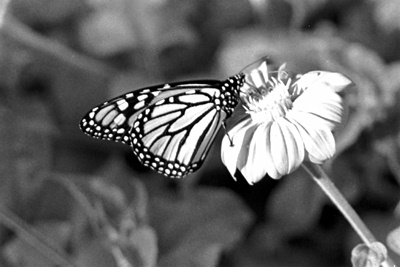All Nonfiction
- Bullying
- Books
- Academic
- Author Interviews
- Celebrity interviews
- College Articles
- College Essays
- Educator of the Year
- Heroes
- Interviews
- Memoir
- Personal Experience
- Sports
- Travel & Culture
All Opinions
- Bullying
- Current Events / Politics
- Discrimination
- Drugs / Alcohol / Smoking
- Entertainment / Celebrities
- Environment
- Love / Relationships
- Movies / Music / TV
- Pop Culture / Trends
- School / College
- Social Issues / Civics
- Spirituality / Religion
- Sports / Hobbies
All Hot Topics
- Bullying
- Community Service
- Environment
- Health
- Letters to the Editor
- Pride & Prejudice
- What Matters
- Back
Summer Guide
- Program Links
- Program Reviews
- Back
College Guide
- College Links
- College Reviews
- College Essays
- College Articles
- Back
Childhood Abuse
There are many forms of abuse that many children suffer from. Among these are physical, verbal, emotional, and sexual. The trauma inflicted by childhood abuser’s can last a lifetime, effecting social experiences, perception of people, and future relationships. In short, abuse makes life hard. In many cases the abuse is ignored, the victim called a liar, or worse, blamed for the abuse. This blame or neglect cause even more trauma in the survivor than before.
The majority of victims never report their abuse. They do this for different reason, they may love or pity the abuser, they may be embarrassed, find that it’s their fault, or are afraid that harm will come to them if they do. No matter the reason, many adults and teens live today knowing that the person that ruined their childhood was never brought to justice.
Victims of abuse suffer many psychological problems pertaining to the trauma such as BPD, PTSD, Depression, and/or Anxiety. These diseases are something that makes life difficult to live for survivors and are not a reason for them to be looked down upon. It takes immeasurable strength to survive childhood abuse of any nature and it is not pathetic or weak of them to be battling a personality disorder. A personality disorder is not something a person is able to snap themselves out of, it requires help, coping and closure to be able to live a normal life after such a trauma. Many survivors find that once they forgive their abuser they have a much easier time in life. It is difficult and often painful to dredge up memories of the trauma and come to terms with them, but it is ultimately the best way to heal.
Many survivors feel as if the abuse they sustained was their fault, but no child ever deserves, or asks for any sort of abuse. Today’s culture often convinces people that the trauma was their own fault when they were powerless to stop it. This can cause many problems for the survivors as they begin to blame and even punish themselves for the abuse. Survivors of abuse are more likely to begin some form of substance abuse, self harm, and even suicide. Without the support they need or the knowledge that they were not to blame, many people fold under pressure.
With that said many survivors remain strong and shine with successful lives. There are people that go through horrible things in their childhood and move on to d amazing things in adulthood. A person is not molded by what they’ve experienced, but by how they handle those experiences. People should always remember to keep their head up and keep moving forward, because what was after them then, and what is after them now will only be a memory in the brilliant future they can make for themselves.

Similar Articles
JOIN THE DISCUSSION
This article has 0 comments.
